It was with a poignant reminder of French colonial crimes that the Algerian delegation of athletes participating in the Paris Olympics seized the opportunity of the opening ceremony to revive the memory of atrocities committed by France during the colonial era. A vibrant tribute was paid to the Algerian victims of torturer Maurice Papon and the French police. Roses and flowers were thrown by the athletes into the Seine as a mark of respect to their elders.
This symbolic and powerful gesture highlighted the Massacre of October 17, 1961, one of the darkest episodes in modern French history. On that day, thousands of Algerians were peacefully demonstrating in Paris for their independence and against a discriminatory curfew. The response of the French authorities was one of unprecedented brutality: a bloody repression that claimed many victims, many of whom were thrown into the Seine. This river, which today welcomes the commemorative flowers of the Algerian delegation, had then become the silent witness of a state crime.
The massacre of October 17, 1961 is part of the broader context of 132 years of French colonization in Algeria, a period marked by oppression, exploitation, alienation and systematic dehumanization of the Algerian people. This occupation is considered one of the cruelest in modern history.
Despite the magnitude of these crimes, France continues to show reluctance to fully acknowledge its responsibility and offer official apologies for its colonial past. This refusal to repent is perceived by many as an insult to the memory of millions of martyrs and an obstacle to true reconciliation.
The gesture of the Algerian delegation at the 2024 Paris Olympics is therefore much more than a simple act of commemoration. It is a call for France to face its past, acknowledge its wrongs and engage in a process of genuine reparation. It is also a strong message to the whole world, reminding that colonial history can neither be forgotten nor minimized.
Algerians, by preserving the memory of their martyrs and demanding justice, show that the path to true healing of the wounds of the past necessarily passes through truth, recognition and responsibility. As long as France does not face its colonial past with honesty and courage, these acts of commemoration will continue to resonate as a powerful reminder of unresolved injustices. Azzedine Belferag








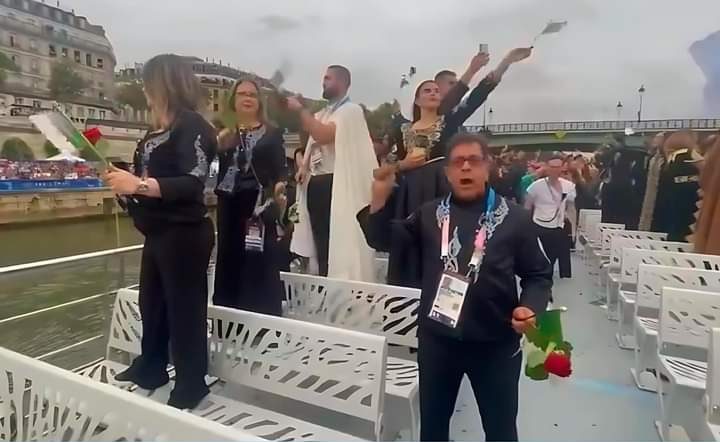
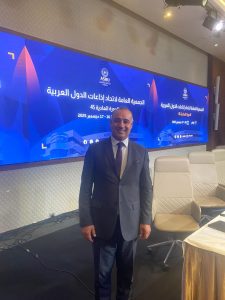

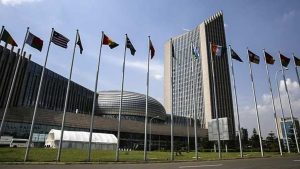




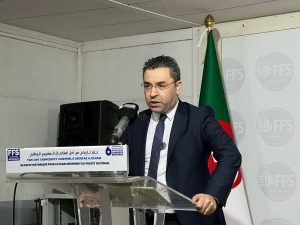
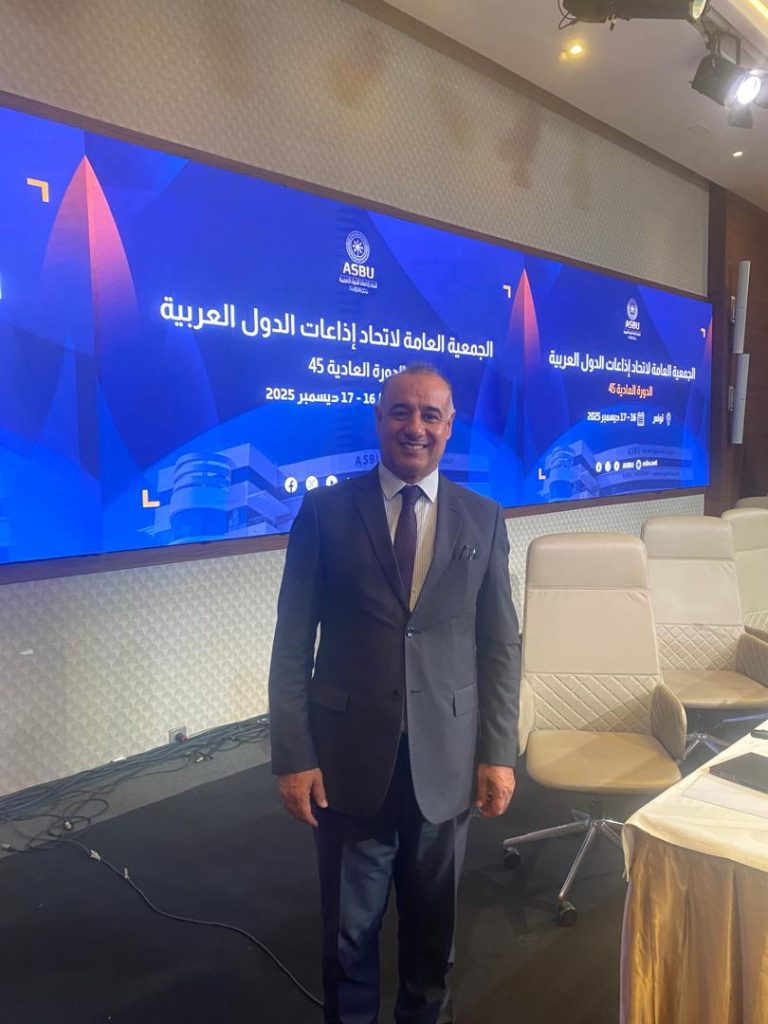

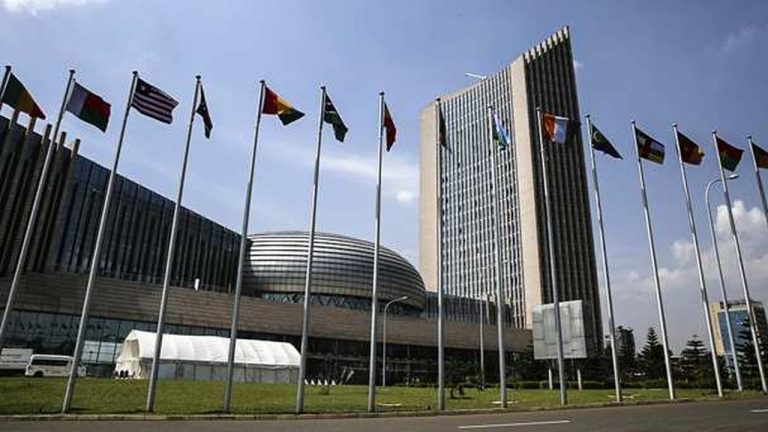
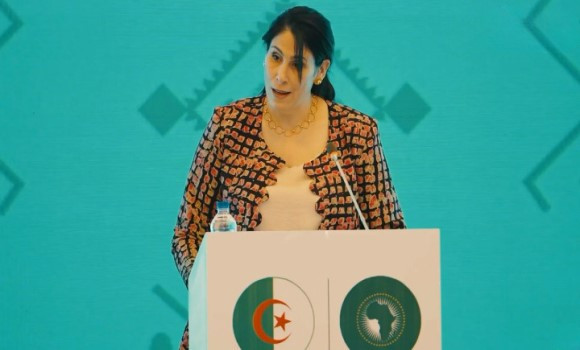
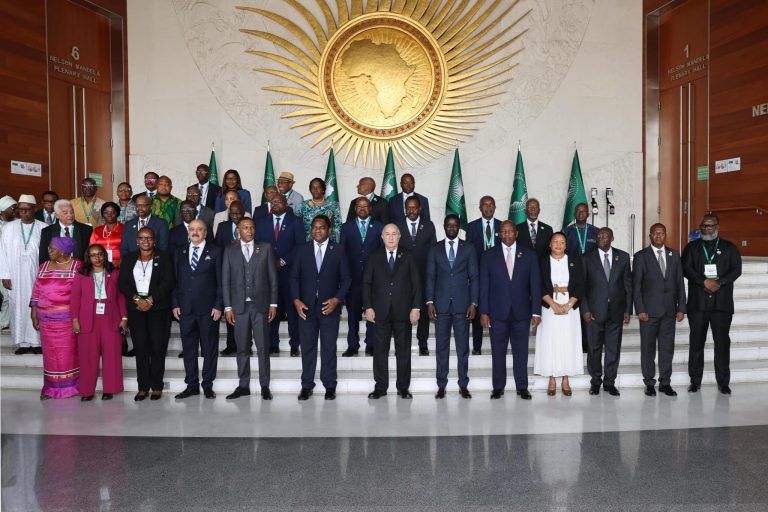
+ There are no comments
Add yours